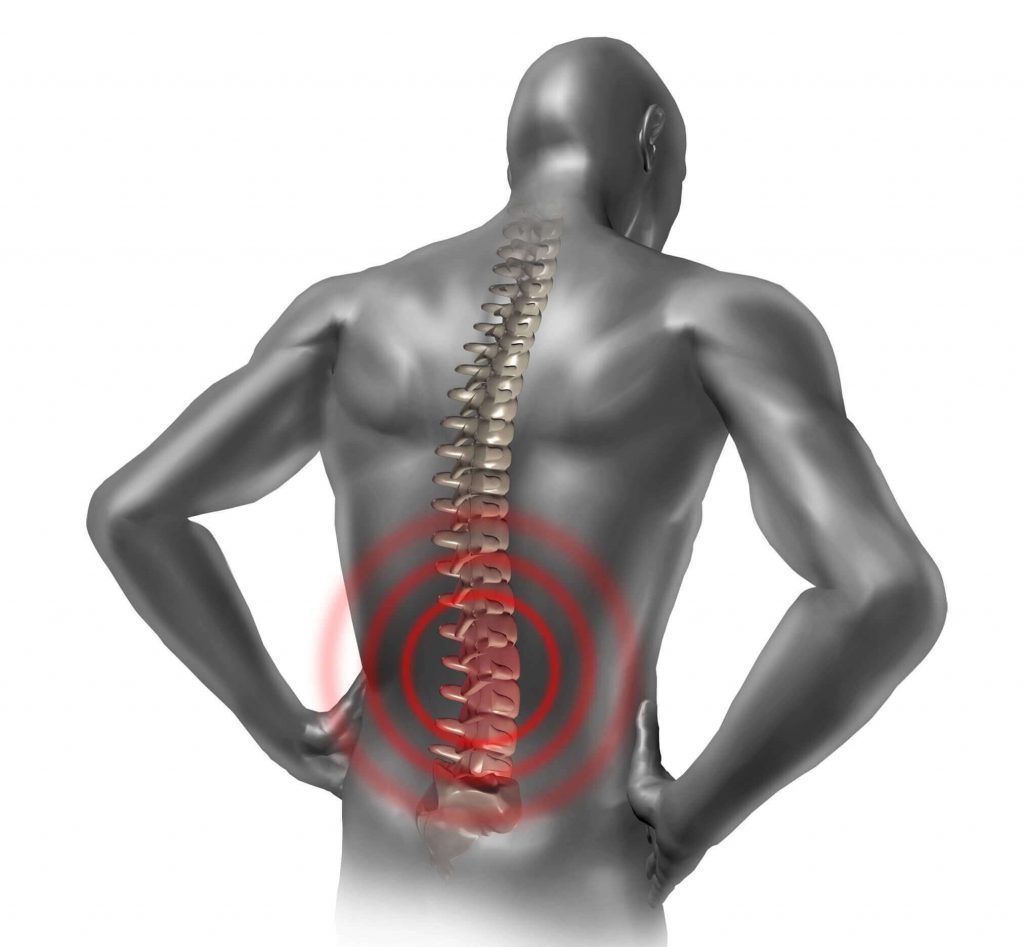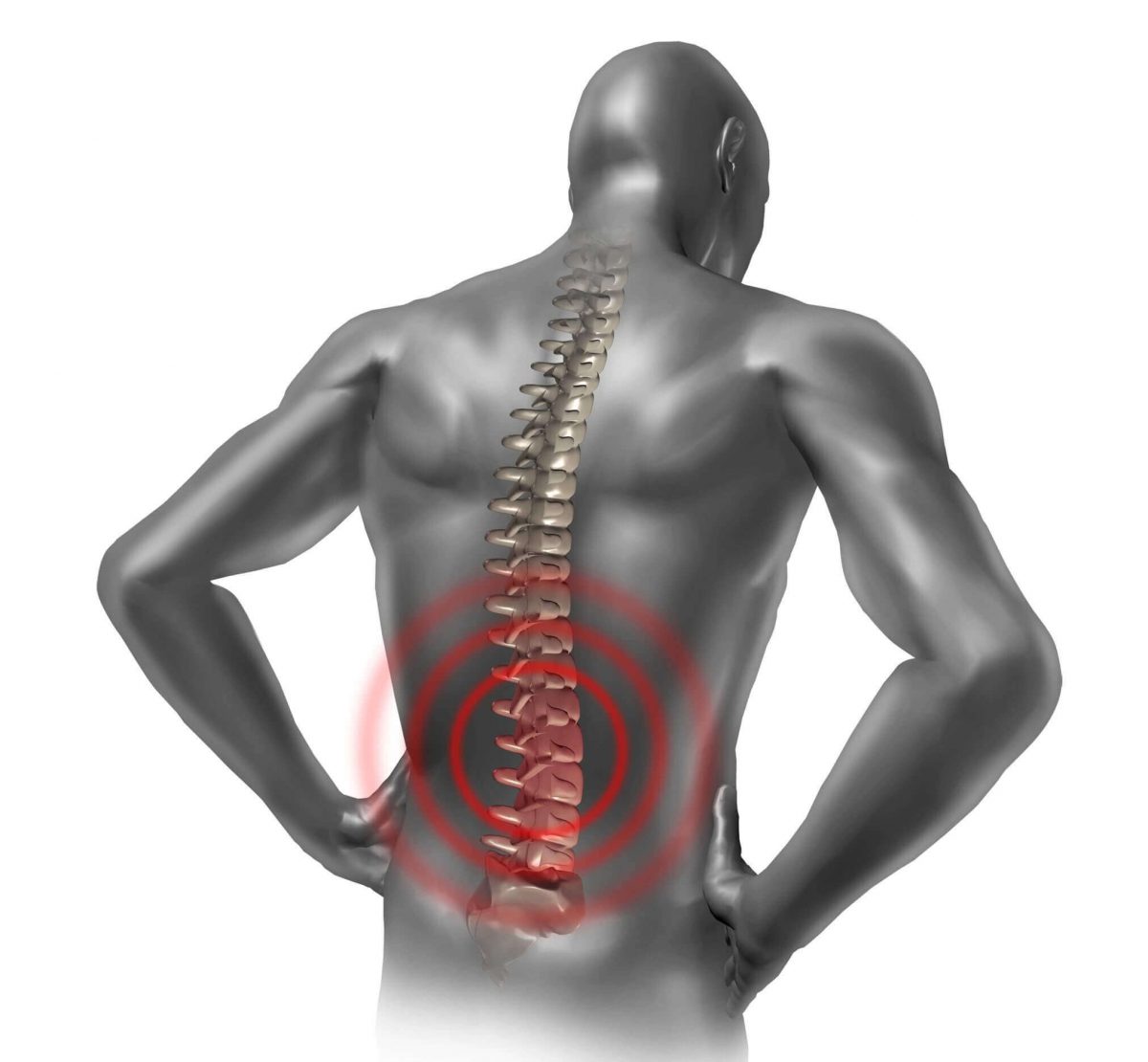There are two types of arthritis: inflammatory and non-inflammatory. The inflammatory arthropathy definition refers to a group of diseases characterized by joints and other tissues that are inflamed due to errant biological processes. Non-inflammatory arthritis refers to a joint that has been worn out from use, leading to a condition like osteoarthritis.

Understanding Inflammatory Arthropathy
There are many types of inflammatory and non-inflammatory arthropathy conditions. However, the most common inflammatory arthritis is rheumatoid arthritis (RA), so the inflammatory arthropathy definition is usually referring to RA. Non-inflammatory arthropathy commonly refers to osteoarthritis.
Inflammatory arthritis is a more complicated disease because it is an autoimmune disease in which the body’s immune system attacks healthy tissue. The complexity of inflammatory arthritis is evident in the fact a person may be seropositive or seronegative and have inflammatory arthritis. These are terms that refer to the results of a blood test that checks for antibodies manufactured by the immune system and known to attack healthy tissue, particularly in joints, but also in other areas of the body.
Complexity of Inflammatory Arthropathy
One of the fascinating facts about inflammatory arthritis is that tests of antibodies are not definitive in determining if someone has the disease. Most people, but not all, will test positive for anti-CCP antibodies, if they have inflammatory arthropathy. CCP is the acronym for anti-cyclic citrullinated peptide. The Rheumatoid Factor test includes testing for anti-CCP antibodies, anti-nuclear antibodies (ANA), erythrocyte sedimentation rate (ESR), C-reactive protein and others.
A person who tests seronegative may still have inflammatory arthritis. The results of the seronegative inflammatory arthropathy test means someone’s blood did not show the presence of antibodies in the blood stream, yet the person does have RA or other related inflammatory medical condition. The rheumatoid factor is associated with more than rheumatoid arthritis. It is also associated with conditions like Sjogren’s syndrome.
Inflammatory joint diseases can impact any joint, but the most common joints affected are:
- Knees
- Fingers
- Wrist
- Back
- Small joints of the feet
- Spine
Symptoms Override Diagnostic Tests
In cases of seronegative inflammatory arthropathy, symptoms determine the diagnosis. Symptoms include:

- Joint warmth
- Tenderness and pain in the joints
- Redness at joint areas
- Skin rashes
- Dry skin
- Dry mouth
- Fever
- Eye inflammation
- Hair loss
- Fatigue
- Morning stiffness
Sometimes, the physician will confirm the diagnosis with joint x-rays and additional lab tests. X-rays can indicate bone erosion due to inflammation of the joint lining. Symptoms of conditions like arthropathy of the knee will typically last for six weeks or longer.
Request an Appointment to diagnostic consultation RIGHT NOW!
Treating Arthritis Due to Inflammation
There are a multitude of ways to treat non-inflammatory arthritis. Typical treatments include non-steroidal anti-inflammatory drugs (NSAIDs) and anti-rheumatic drugs (DMARDs) that slow disease progression.
The Spine & Pain Clinics of North America (SAPNA) will perform diagnostic tests when someone presents with a condition like arthropathy of the knee or arthropathy of the spine. The treatment goal is to reduce pain and slow or stop the progression of arthritis by reducing inflammation.
Learn more about modern treatments in SPNA Clinic.
